
GIVE THIS RAMADAN

A refugee and mother of seven children, Madina Mohamed was forced to flee her home in southwestern Somalia after her husband was killed amid escalating regional conflict. She only managed to bring three of her children with her. To this day, she doesn’t know where two of her children are.
Around the world, hundreds of thousands of women like Madina are facing traumatic circumstances and impossible choices. The global community tends to focus on the ways children are impacted in fragile settings, yet women face distinct challenges — especially when they are pregnant, breastfeeding or caring for young children.
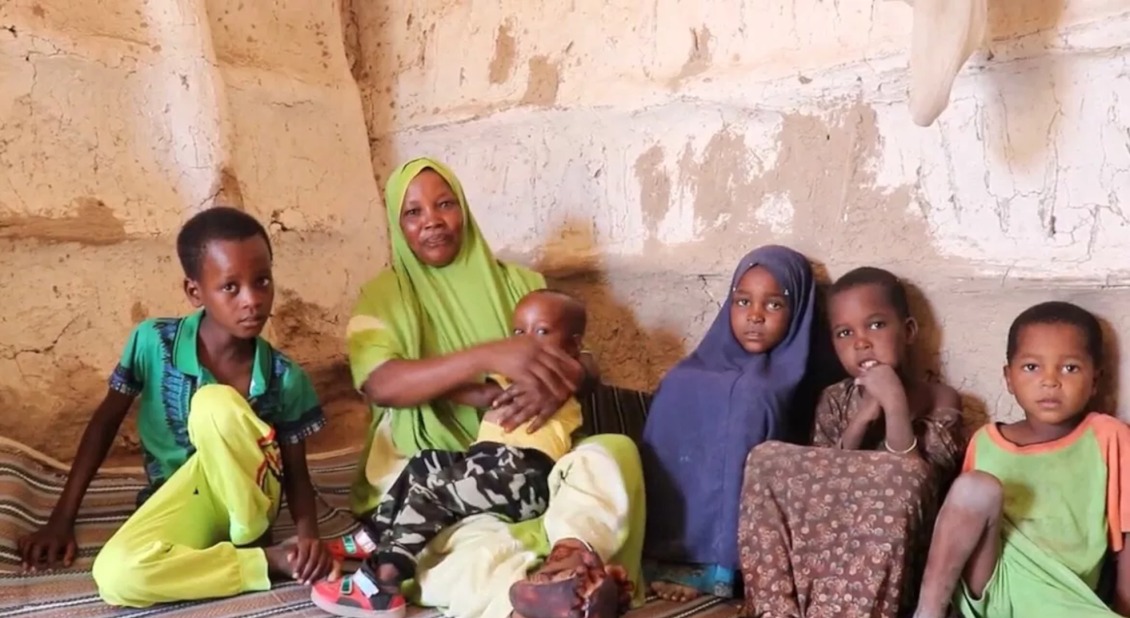
Too often, life gets harder for women when they are pregnant. They still bear the burden of fetching water and firewood, sometimes walking long distances each day. In both rural and urban settings, their families may rely on food or income from a “kitchen garden,” which women typically tend, or the work they do outside of the home. If pregnancy makes those activities harder, the expectant mother and her family may have less to eat.
That’s particularly challenging when women are already food insecure — as one billion women and adolescent girls are today. And, as one displaced mother in Gaza said, “I prefer to give the children food first, and then, as a mother, I might not eat so that I can feed my children. That’s just how life is; that’s motherhood.” Yet, malnutrition and pregnancy are a dangerous combination.
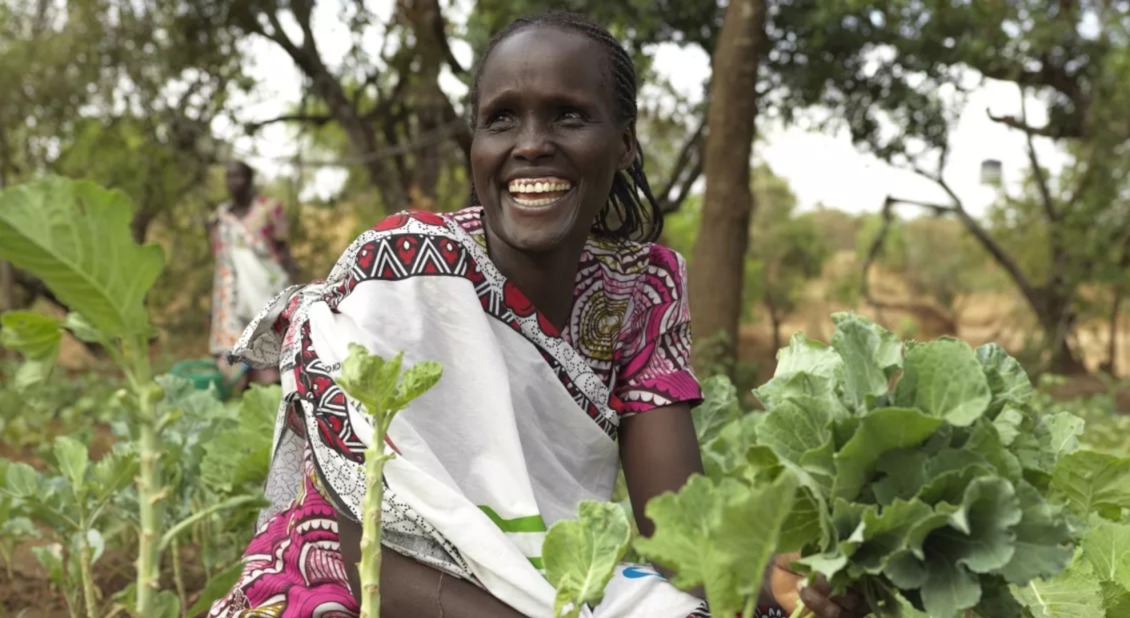
Malnutrition weakens a woman’s immune system and overall health, with pronounced risks during pregnancy. Diets lacking essential nutrients increase the likelihood of pre-eclampsia, a serious condition involving high blood pressure and potential organ damage during pregnancy. A lack of iron can lead to anemia, which increases the risk of hemorrhage during childbirth. Malnutrition also leaves pregnant and breastfeeding women more vulnerable to infectious diseases such as cholera.
An intestinal disease transmitted through dirty water, cholera can be transmitted to women and adolescent girls as they engage in traditional housekeeping tasks, such as collecting water, cooking food, cleaning latrines, and caring for sick family members. For example, in Yemen, cholera is creating an additional risk for the 1.3 million pregnant and breastfeeding women who suffer from malnutrition.
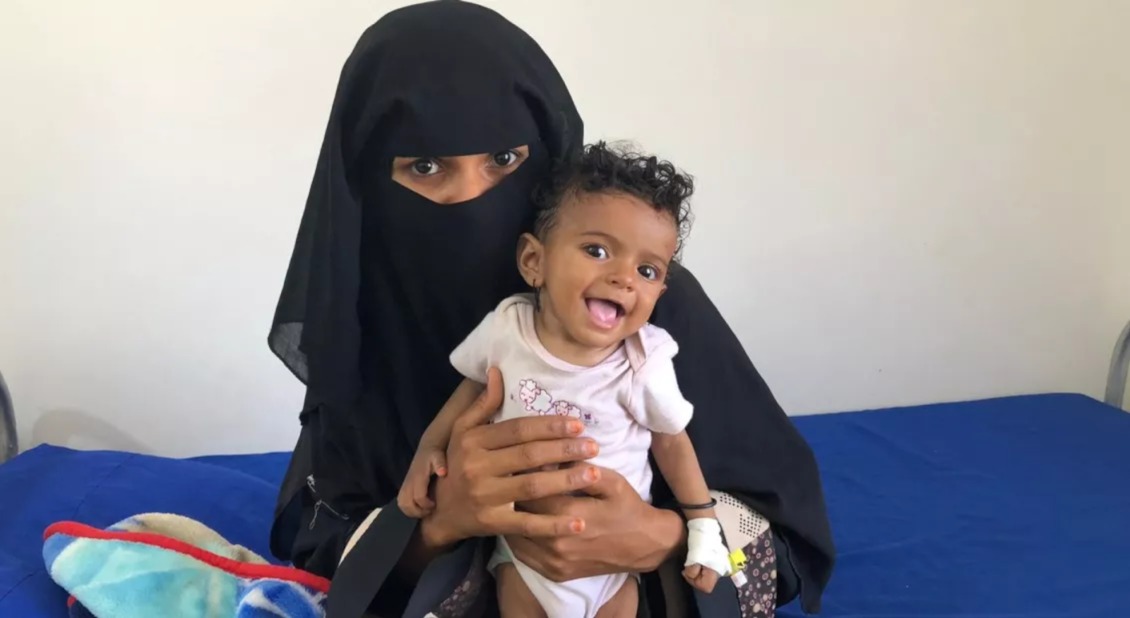
While fairly straightforward to treat, cholera can kill within hours without medical attention — which isn’t available in many parts of the world. It spreads so rapidly that even one case is considered an epidemic. Most cholera-affected countries fall above the global median in terms of gender inequality, where female malnutrition is likely to be higher.
From increasing resistance to disease to lessening the toll pregnancy takes on a woman’s body, good nutrition is essential while pregnant. So it’s concerning that maternal acute malnutrition rose 25% between 2020 and 2022 in the 12 countries most affected by food insecurity. These countries alone account for almost 7 million acutely malnourished mothers.
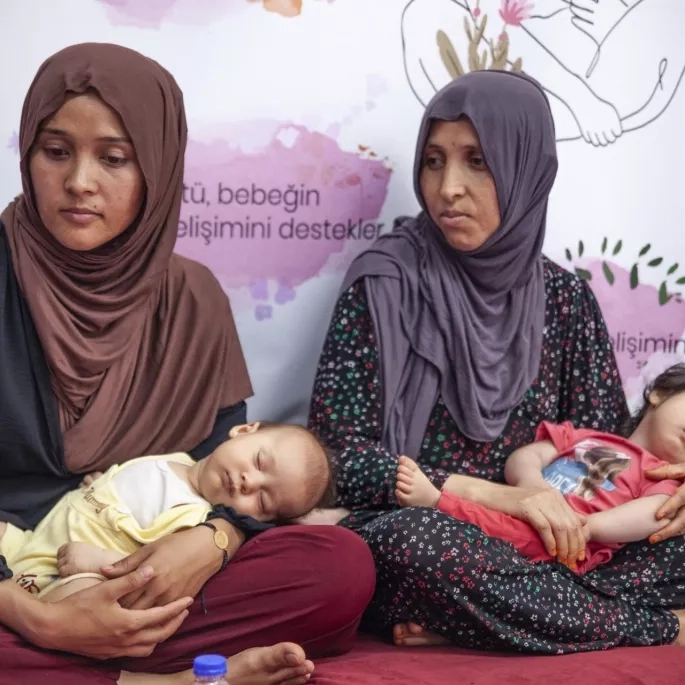
Half of the world’s population is female, yet women and girls make up 60% of the chronically hungry. 126 million more women than men don’t know where their next meal is coming from. Many go to bed hungry every night. Action Against Hunger is working with mothers around the world to ensure that everyone has equal access to nutritious food, clean water, and healthcare.
The risks rise if mothers are extremely young or when pregnancies aren’t optimally spaced for maternal health. And the issues extend beyond pregnancy itself.
Breastfeeding provides important nutritional and development benefits for children. In fact, the World Health Organization recommends exclusive breastfeeding for the child’s first six months. Additionally, breastfeeding saves families money they might spend on formula and eliminates the risk of exposing infants to contaminated water, making it a safer, more economical choice. Research also indicates that breastfeeding can benefit women by supporting maternal and mental health, preventing diabetes, heart disease, and certain forms of cancer.
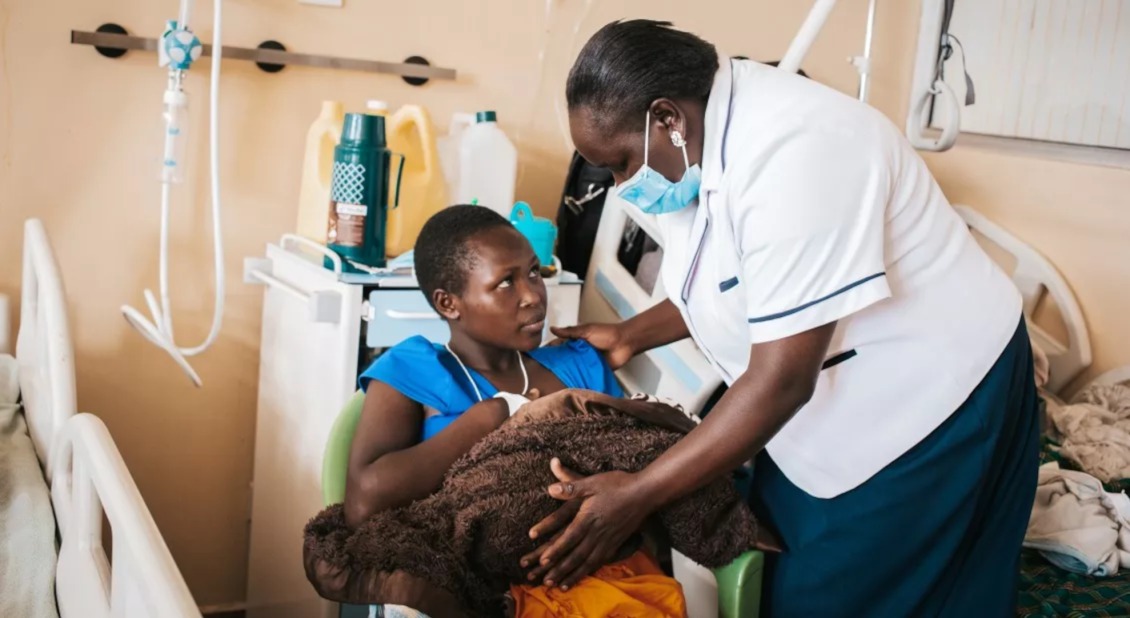
For all its benefits, breastfeeding places high nutritional demands on the mother’s body. Malnourished women may become depleted in essential nutrients like iron, calcium, and vitamin D, compromising their health and immune function.
“Few women are made aware of the importance of nutrition when they are pregnant or breastfeeding. Yet they are particularly exposed to the risk of anemia or vitamin D deficiency,” explained Dania Al-Qaisi, doctor and nutrition trainer for Action Against Hunger in Iraq. In some communities, nearly one-third of lactating mothers suffer from undernutrition. That’s not inevitable.
We know what works in promoting nutrition and health for women before, during and after pregnancy. Here are five examples:
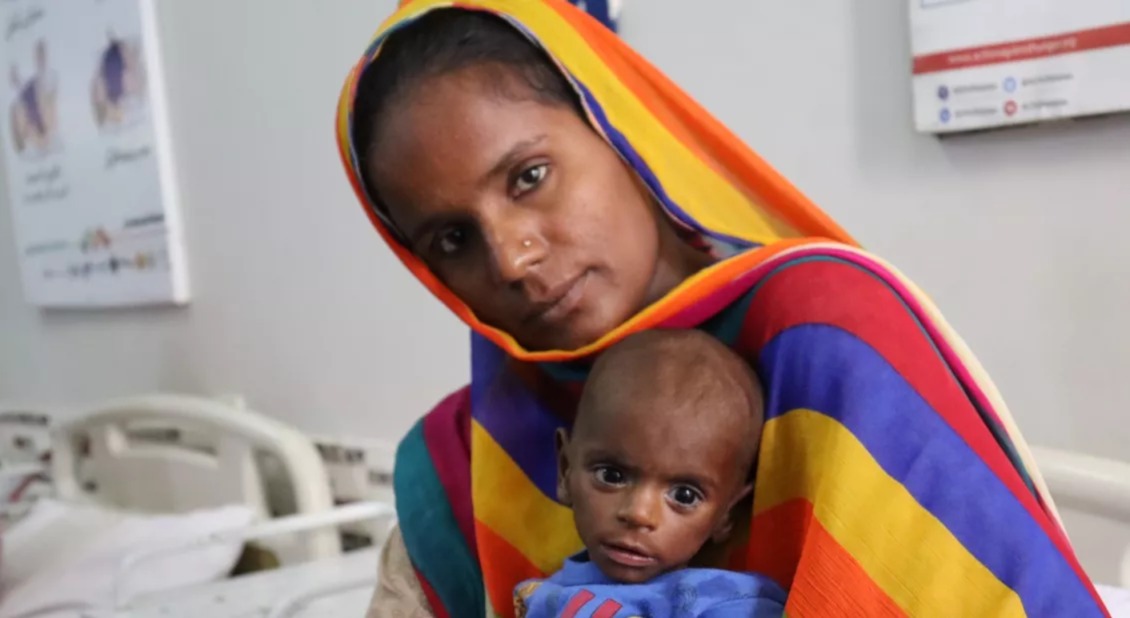
These programs work. After meeting the team at Action Against Hunger’s Maternal and Child Health Center in Hudur, Madina has become a champion against hunger. One of 1,500 mothers in the area trained by Action Against Hunger, she participates in mother-to-mother support groups, helping others to overcome some of the obstacles she has faced.
“The support group has been a key activity for me at the center, and it has played a major role in my healing process,” Madina said. “After experiencing conflict and living in a displacement camp for a year, sharing my story with other mothers in the group has been a great part of my journey. When I get the chance to go back to my village, I will make it my business to deal with cases of malnutrition and to educate women on the importance of good health and hygiene.”

Madina Mohamed is a mother in southwestern Somalia. When an armed group attacked her village, she was forced to flee. Her husband was killed, and she was forced to adapt and take care of her children in a displacement camp in Hudur. Action Against Hunger is supporting Madina and many women like her so that their children can have a future free from conflict and hunger.
Mother’s Day, May 12th, can be a reminder of the health risks faced by pregnant and breastfeeding women around the world — and an opportunity to support them. By investing in maternal health care, support networks, and nutrition education, we can make sure that every mother — and child — has the opportunity to thrive.
Join our community of supporters passionate about ending world hunger.